Like so many things in life, my sexuality makes so much more sense in retrospect than it did when I was in the stages of “figuring it out”. I now know I have been bisexual all my life. I either just didn’t know it earlier on, or didn’t know what it entailed.
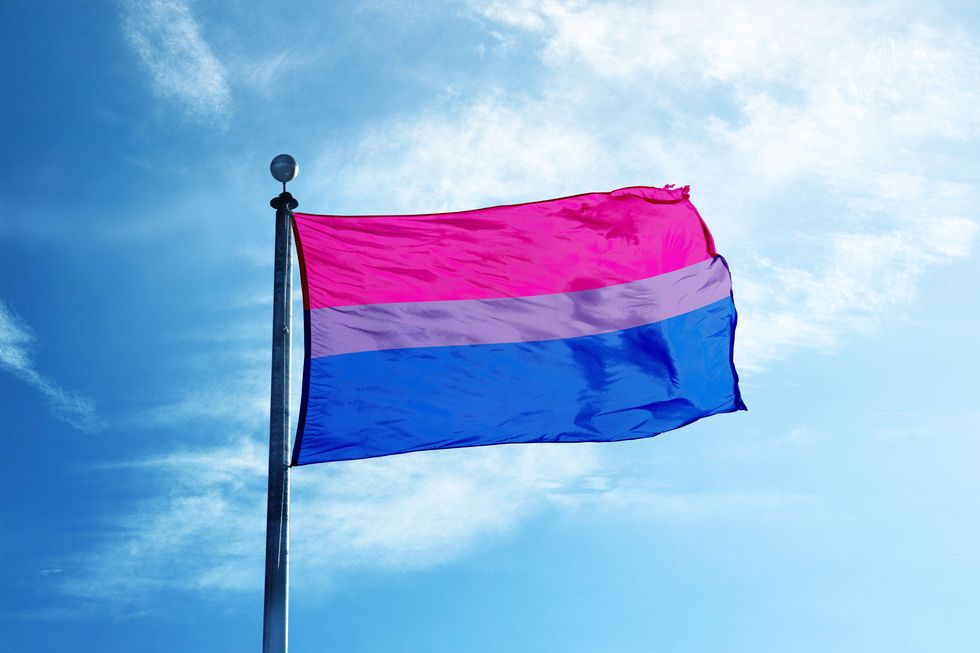
Biphobia and Me
This author would like to remain anonymous but is a bisexual cisgender white woman using she/her pronouns.
The first time I came into contact with queerness in a positive way was at university. Suddenly being queer presented itself as an option. I went through phases of denial, from not wanting to “label” what I was going through, to realising that I could be physically attracted to other people than cisgender men (but romantic feelings? never!!), to crushing unreasonably hard on the first girl I ever dated (we met three times…) and realising it went deeper than I had thought. However messy it felt at the time, I knew it was not “just a phase”.
Yet, one of my close friends asked me “but are you sure you like girls, if you haven’t even slept with one?”. I don’t remember what I replied, but I will never forget the gut-punch feeling. The flicker of self-doubt. And then I realised we never once ask children who they like. Straight is assumed to be the default. Nobody questions that, until they themselves start to question the labels society has marked them with. Imagine telling a ten-year-old girl crushing on a boy “but you have never slept with one, are you sureyou like boys?” I knew my friend’s statement was unreasonable, but it hurt all the same. Was my sexuality valid? I decided to convince myself it was.
And so, despite feeling like a fraud, I tentatively started labelling myself. Your friendly neighbourhood bisexual. I came out to friends, often casually, sometimes in fear. Fear of them not taking it well, questioning it, or worse – my girlfriends thinking I was preying on them and handing in their notice for our friendship. But it was going well, meaning my confidence grew ever so slightly each time. I made fabulous bisexual friends and many of other queer identities. I went to drag nights, boozy brunches hosted by drag queens, gay bars, I even started to feel comfortable with the label “queer”, the vagueness of which had initially scared me.
And then it started. The biphobia.
Or rather: I started to spotit, started to labelit – as one aha moment after the next unfolded. Of course, I had already encountered it in my friend, and I had internalised biphobia aplenty. But where was it coming from?
I began to feel like the “B” in “LGBT+” was silent, mysterious. It still is: there are few shows or books with overt bisexual representation, where bisexuals are not the butt of the joke, slandered for being promiscuous, or merely hinted at as fun and flirty femme fatales looking for a threesome. And representation for bisexual people who are not women is severely lacking, too. All these either disguised or more glaringly obvious instances of biphobia in my life, culture, social media started to add up and resulted in me feeling like I did not belong. I was not gay enough. I had the privilege of passing as straight. I could kiss a cis man in the street, hold his hand, fearless. I “looked” straight, being what some might describe as “femme” (Urban dictionary: “noun: A gender identity in which someone (female, male or other) has an awareness of cultural standards of femininityand actively embodies a feminine appearance, role, or archetype. It is usually – but not always – associated with a gay or queer sexual identity/sexuality).
Biphobia was asking the question: how on earth could your feelings be valid? Really, aren’t us bisexuals incredibly lucky, able to pick and choose when to be “gay” and when to be “straight”? I pitched an idea for a performance at a show with queer artists, only to be told my idea was heteronormative. Being a baby queer, I did not have the courage at the time to push back, to say that my presence on stage was as valid as any other performer’s, by virtue of identifying as bisexual. By virtue of beingbisexual.
I felt like I needed to change myself to fit into the big old queer family. I had dated cis men exclusively for 20 years of my life. My hair wasn’t dyed, I did not have piercings in adventurous places, I did not wear “masculine” clothes, did not look androgynous. Whenever frequenting queer venues and club nights, I felt like I stuck out like a sore thumb. I believed I was privileged to be even partially allowed into the LGBTQIA+ community, because really, I did not belong.
And so I tried to wash off the straightness. I tried to rid myself of the default label of “heterosexual”. I would earn my ticket to acceptance by being a good ally to other queers, I tried to be unthreatening by looking less femme, acting more gay. By being less me.
The process hurt. Not belonging hurt, trying to appear less threatening by erasing who I wanted to be hurt, trying to make those around me feel comfortable hurt. I do not think most around me realised just how much this internal dialogue was affecting me, as life went on and I was kept busy with university and other challenges. At the same time, in my brain there was a background hum, working hard to discredit the validity of what I was going through.
But… all of that did not matter, did it really, because in actuality wasn’t I privileged?
I don’t think I had an “aha” moment as such, but I started to understand what biphobia was. I read texts written by bisexuals, spoke to my bisexual friends, and started to understand that this was not something I was experiencing in isolation.
Bisexuality is wonderful. And terribly – horribly – misunderstood.
It is unique in how it positions itself on the LGBTQIA+ spectrum, just like all other sexualities are unique. But it is not easier than any other sexuality. Bisexuals do not pick a side. We do not choose when to be gay or straight. We are bisexual 100% of the time, no matter who we fall for. And we do not choose who to fall for. Bisexuality can involve being in a relationship which is deemed as more socially acceptable or “straight-passing”. It can also involve dating someone of the same gender, in an apparently queer relationship. Therefore, bisexuals are exposed to societal homophobia in addition to biphobia – the latter being pervasive even within the queer community.
At our core, we remain bisexual. There can be discomfort in not being able to fully express your identity and being misunderstood as something you are not, discrediting the struggle of finding comfort in your sexuality in the first place. As I had learned, there was immense pain and internal suffering in being written off as straight, turned away at the door of queerness, and labeled as heterosexual when that is not the case. Bisexuality can also involve dating someone of the same gender, or transgender, or any combination of people forming a relationship which is looked upon less favourably by the average old white cis-het man. And so, we can appreciate the struggle and homophobia our lesbian and gay friends go through. And always, always, there is the seductive velvet voice of internalised biphobia whispering in our ear. “Are you sure you’re bisexual? Are you really queer? Why do you fight so hard for a label that brings you so much pain?”
And I answer: because I know I am bisexual. With all its highs and lows, all its joy and despair. I feel it in my core. And my sexuality is valid however I choose to present. There is no “not gay enough”, I do not need to have slept with X amount of people of various genders (in fact, I do not need to sleep with anyone to be bisexual), I do not need to justify it to strangers or friends invading my private space with curious questions or dehumanising stereotypes.
I could go on… About why I am submitting this anonymously. About the mental toil of coming out over and over, but also about the mental strain of stopping myself from coming out to everyone, only posting bisexual memes on my “close friends” Instagram story despite the pain hiding my truth is causing me. There are so many aspects to bisexuality and to biphobia and how it presents. I will link some good resources and further reading down below, but if my words have made even one other person feel more confident in their bisexuality, or helped clarify to an ally what some bisexuals experience, that is more than what I set out to do.
Further reading/watching/listening!
Supportfor bisexual people in Scotland: https://scottishbinet.org/support/
Book: The Bi-Ble, volumes I and II, by Nickodemus and Desmond.
TV series: The Bisexual(Channel 4) by Desiree Akhavan
Blogpost with references to research on bisexual mental health: https://blog.time2track.com/bisexual-mental-health-challenges-of-internalized-biphobia
Glasgow Guardian article“It’s time to say bi to biphobia”, also covering bisexuality vs pansexuality, struggles of coming out and stereotypes: https://glasgowguardian.co.uk/2020/09/24/its-time-to-say-bi-to-biphobia/
Bisexuality and pansexuality: https://www.rollingstone.com/culture/culture-features/whats-the-real-difference-between-bi-and-pansexual-667087/and https://www.elle.com/uk/life-and-culture/a29339872/pansexual-meaning/
Cute graphic“The bisexual umbrella” https://www.glaad.org/sites/default/files/styles/750px/public/images/2015-09/the_bisexual_umbrella_by_drynwhyl-d4gq9ji.jpg?itok=FNMs2Ndc
Anonymous
Cover image via Unsplashed

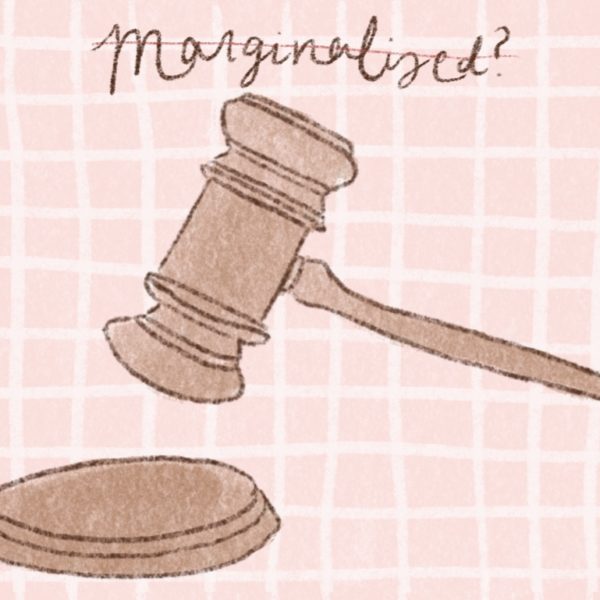
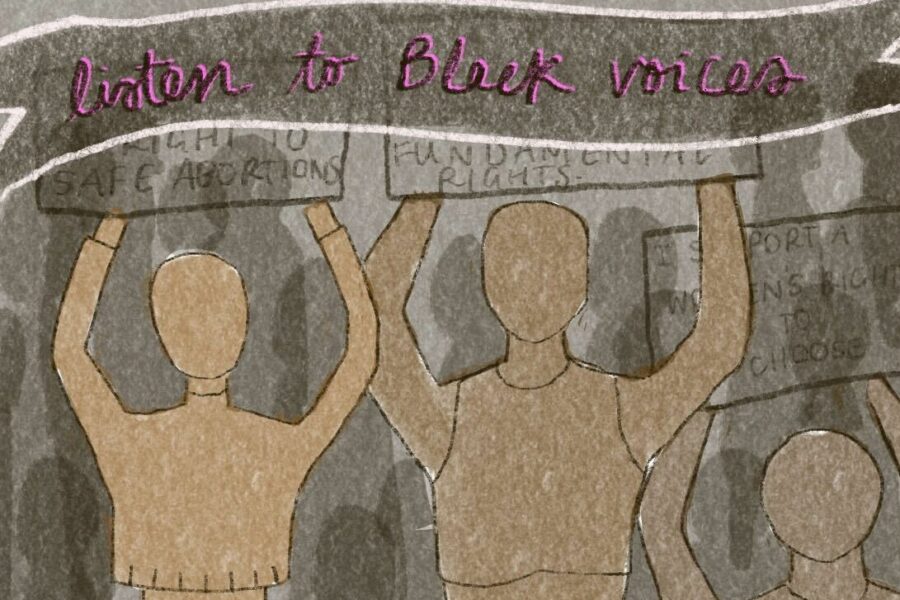
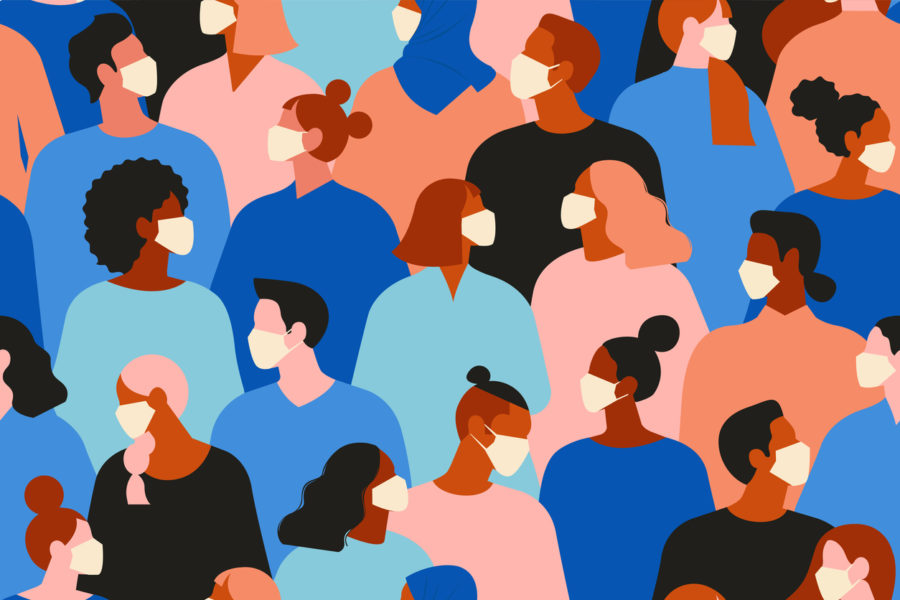
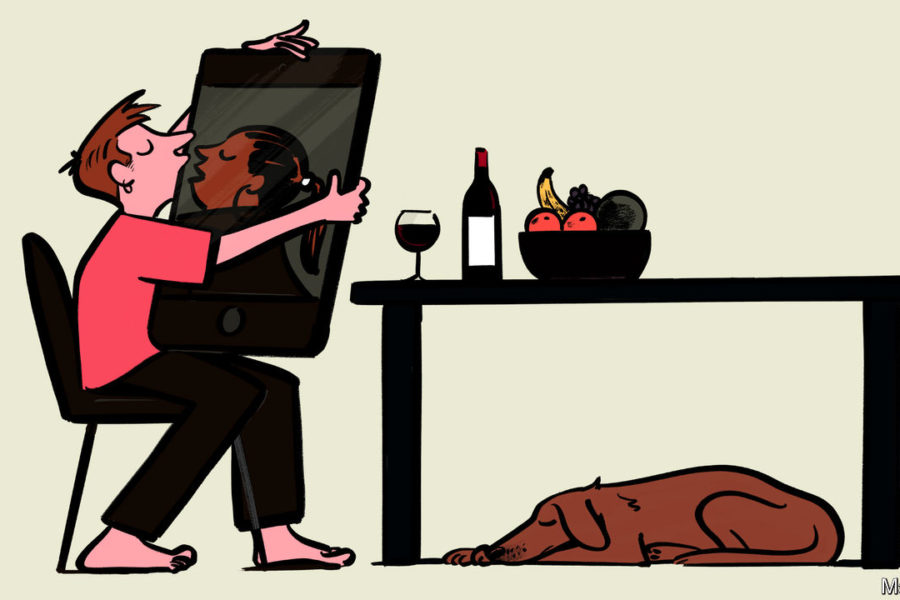
Leave a Comment